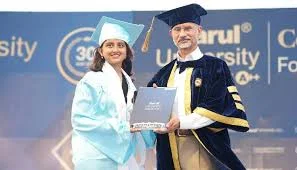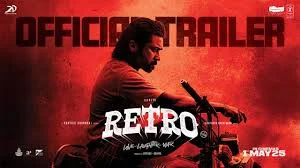Main Stories

31 May 2025, Saturday
At least 26 civilians killed in paramilitary forces attacks on three towns in Sudan
...

31 May 2025, Saturday
PM Modi to celebrate Ahilyabai Holkar’s legacy in MP today with major development push
...

31 May 2025, Saturday
IPL 2025: 'Whenever you feel game is going away, get him in’, says Pandya on Bumrah’s crucial spell
...

31 May 2025, Saturday
IPL 2025: Rohit leads the charge as MI survive Sudharsan scare in 20-run win over GT
...

31 May 2025, Saturday
French Open: Musetti rides new-found grit into third round, Rune advances in five sets
...

31 May 2025, Saturday
Raj Kundra makes a shocking revelation regarding Rajasthan Royals: Press conference on June 2
...

31 May 2025, Saturday
India has undertaken over 600 development projects in 78 nations: EAM Jaishankar
...

31 May 2025, Saturday
New Zealand Deputy PM wraps up India visit, expresses full solidarity over Pahalgam
...

30 May 2025, Friday
India emerges as world's IT capital, NSE acts as catalyst for economy: Ashish Kumar Chauhan
...
Gallery
Actress Tamanna New Glam Stills
02 March 2025, Sunday
Breakfast in Bed With White Tulips
19 November 2024, Tuesday
Cooked Food On White Ceramic Plate.
19 November 2024, Tuesday









